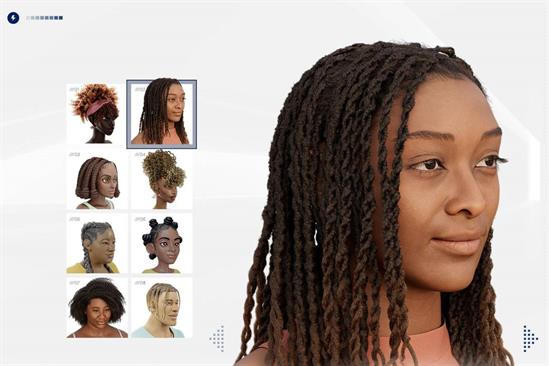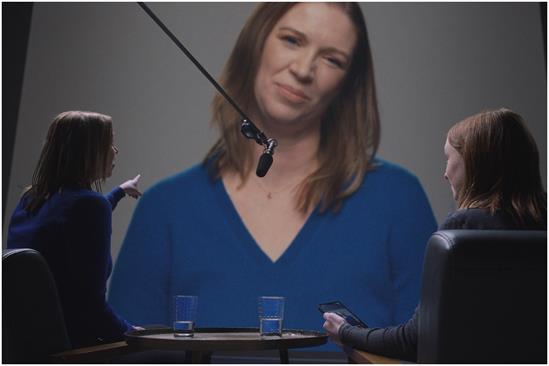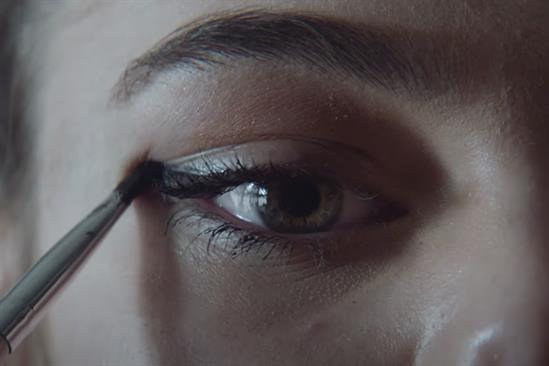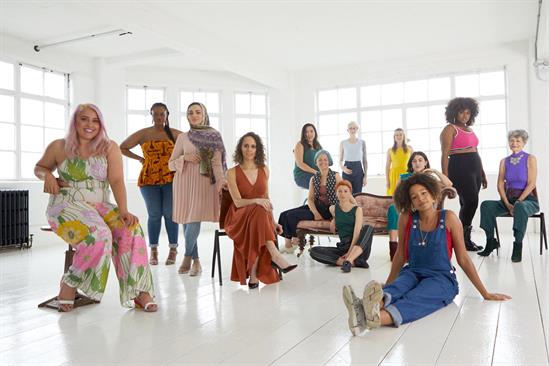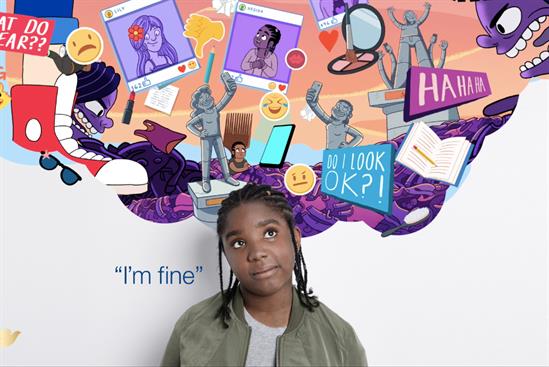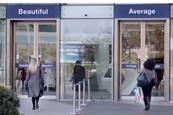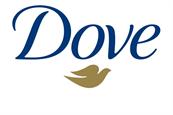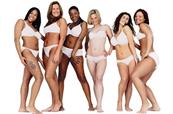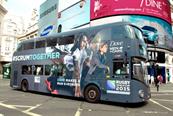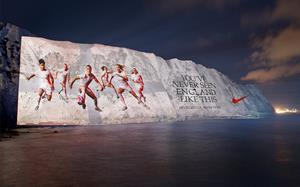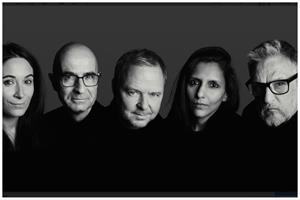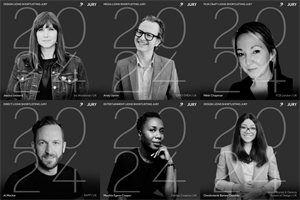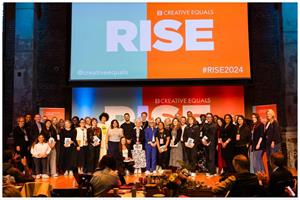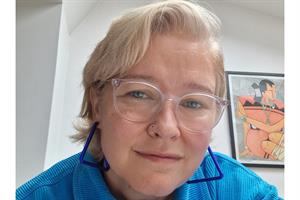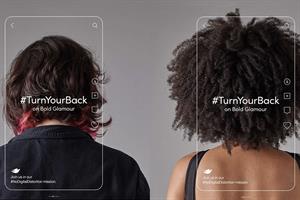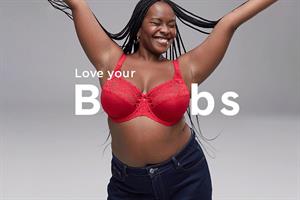

Brand
Dove
"Real beauty."
-
Established
1957
-
Number of staff
n/a
-
Head office
London, UK
-
Sector
FMCG
Dove "Code my crown" by Edelman
Dove "Toxic influence" by Ogilvy
Dove "Reverse selfie" by Ogilvy London
Dove "Purpose" by Ogilvy UK
Dove "I'm fine" by Ogilvy
Milestones
About Dove
Of all the Unilever brands, Dove is probably the one most associated with a socially conscious positioning, largely thanks to its multi-award-winning ‘Campaign for Real Beauty’.
When Dove first launched (in soap bar form) in the 1950s, its very invention and creation of a ‘beauty routine’ was seen as pioneering. Its first ad (created by Ogilvy, Benson & Mather) ran in 1957 and pushed the brand’s cleansing, softening effects on skin, heralding its “quarter cleansing cream formula” as a “revolutionary beauty discovery”.
At this point, Dove was marketed under the auspices of Lever Brothers. The fact that founder William Hesketh Lever had studied advertising and consumer trends explains why his sophisticated marketing strategies – from money-back guarantees to comparative tests and seven-day test challenges – were ahead of the curve.
Hesketh knew that psychological evidence had shown that messages that tapped into emotions were more effective than purely logical arguments. Early print ads showed how Dove successfully managed to inject a sense of joy and indulgence into the daily beauty routine that made (as one of its ads said) other soap bars look “old-fashioned”.
The brand was also mindful of the importance of language and nuance – describing the product as a “bath and toilet bar”, rather than just “soap”, for example. It also created a buzz around the “modern” and “curved” shape, which fitted perfectly into your hand.
In the 60s, reflecting the growing confidence women had in the importance of a beauty regime, Dove unveiled overtly feminine, pink-coloured ads using words such as “heavenly” and “darling”.
In the early 70s, Dove took a slightly different direction and ran print advertorials asking the question “What part of you ages first?” These were aimed at older women.
But the ‘Campaign for Real Beauty’, launched in 2004 with the memorable ‘Real Women’ ads, turned its back on this strategy, instead encouraging women to embrace their looks and age.
The campaign was supported by the creation of the ‘Dove Self-Esteem Fund’ in 2006. The inspiration for the initiative came from a global report commissioned by Unilever, which concluded that society’s definition of beauty had become “limiting and unattainable”.
The brand successfully set out to start a global debate on campaignforrealbeauty.com to discuss the issues and debunk the myths.
A landmark moment for the campaign came in 2006 when overly thin models were banned from Spanish fashion runways. On hearing the news, Dove produced a short film called ‘Evolution’ that lifted the lid on the process of making-up a model for camera using the tagline: “No wonder our perception of beauty is distorted.”
In 2007, Dove launched a celebration of women over the age of 50, shot by celebrity photographer Annie Leibovitz. This was followed by another short called ‘Onslaught’, which illustrated the pressures exerted by the beauty industry on young girls.
While there is no doubt that Dove’s films have struck an emotional chord, there has been some backlash against the brand due to its parent Unilever’s controversial ad campaigns for the likes of Lynx.
Dove’s campaign continues apace with developments such as the ‘Movement for Self-Esteem’, which invites women to mentor the next generation. In 2010, the brand also took the brave step of launching Dove Men+Care, showing that Dove isn’t exclusively a female brand.
Recently about Dove
BUSINESS DETAILS
London, UK Unilever House, 100 Victoria Embankment, London EC4Y 0DY
www.Dove.com
KEY PEOPLE
Jocelyn Hsieh, global brand development director
Dinara Bekmansurova, global brand director
Amy Stepanian, global brand director
Vikramjeet Singh, senior global brand director
Jeff Cheng, senior global brand director, Unilever, Singapore


